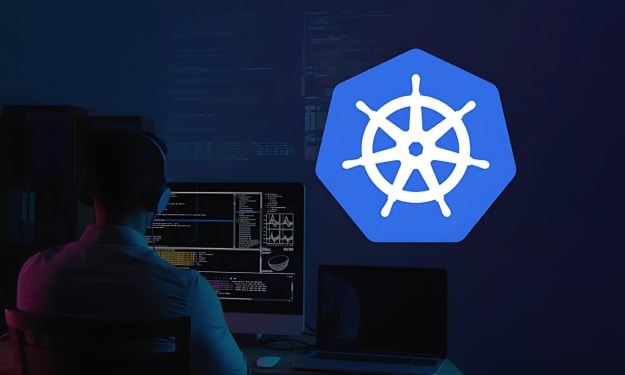Microsoft's AI Chief Sparks Controversy with "Freeware" Claim
Microsoft's AI Chief Sparks Controversy

In a recent interview with CNBC, Mustafa Suleyman, Microsoft's AI chief, made a bold claim that anything discovered online should be considered "freeware" and fair game for training AI models. However, this perspective seems to clash with Microsoft's own licensing terms and U.S. copyright law, raising questions about the ethics and legality of using online content for AI development.
The Contradiction with Microsoft's Licensing Terms
Suleyman's assertion that online content is akin to freeware appears to contradict Microsoft's stringent approach to licensing for many of its products shared on the open web. While Windows 11 is easily accessible from the Microsoft website, the company's terms of use explicitly prohibit actions such as publishing, copying, renting, leasing, or lending the software, and circumventing any technical restrictions.
Furthermore, Microsoft's FAQ on copyright directly contradicts the notion that online content is automatically free to use, emphasizing that mere online availability does not equate to being in the public domain. This distinction is crucial, as U.S. copyright law does not differentiate between freely available content for AI training and commercial software.
The Legal Implications
The implications of this debate extend beyond theory, as numerous AI companies face legal action for scraping data from the open web to train their models. The New York Times, for instance, has initiated legal proceedings against OpenAI and Microsoft for substantial damages due to alleged unlawful use of its content, signaling the real-world consequences of this contentious issue.
As the industry navigates these legal challenges, it remains to be seen whether the perceived "social contract" advocated by Microsoft's AI chief holds true. In the interim, caution is advised regarding the use of Microsoft's content, as the legal landscape surrounding online material and intellectual property rights continues to evolve.
The Ethical Considerations
Beyond the legal implications, Suleyman's claim raises important ethical questions about the use of online content for AI development. While much of the web is freely accessible, it is essential to consider the intent behind the publication of various materials. Some content may be intended for educational or informational purposes, while others may be protected by intellectual property rights.
Moreover, the use of online content for AI training can have unintended consequences, such as the perpetuation of biases or the infringement of individual privacy. It is crucial for AI companies to carefully consider the ethical implications of their actions and to develop robust guidelines for the responsible use of online data.
The Need for Clarity and Collaboration in AI Development
As the AI industry experiences rapid growth and technological advancements, it has become increasingly evident that there is an urgent need for clear guidelines and open communication regarding the utilization of online content for AI development. This pressing issue requires a collaborative effort among AI companies, content creators, and policymakers to establish a framework that balances the pursuit of innovation with the respect for intellectual property rights and individual privacy.
Balancing Innovation and Rights
The AI industry's reliance on online data for training and development has raised significant concerns about the potential infringement of copyrights and individual privacy. While the desire to push the boundaries of innovation is understandable, it cannot come at the expense of disregarding the legal and ethical considerations that govern the use of online content. As Mustafa Suleyman, the co-founder of Anthropic, suggests that online content should be treated as "freeware," it is essential to recognize that such a stance contradicts Microsoft's own licensing terms and the existing U.S. copyright law.
The Need for Clear Guidelines and Best Practices
To address this complex issue, it is crucial for AI companies, content creators, and policymakers to engage in open and constructive dialogue. By fostering this collaborative environment, stakeholders can work together to establish clear guidelines and best practices that ensure the responsible and ethical development of AI systems. These guidelines should aim to strike a balance between the AI industry's need for data and the rights of content creators and individuals.
Promoting Innovation while Protecting Rights
As the AI industry continues to evolve, it is evident that the legal and ethical implications of using online data for AI training will remain a pressing concern. To navigate this landscape effectively, it is essential for all stakeholders to come together and develop a clear and consistent framework that promotes innovation while safeguarding the rights of content creators and individuals. By working collaboratively, the AI industry can harness the power of online data to drive progress while upholding the principles of intellectual property rights and individual privacy.
Citations:
https://docs.google.com/document/d/1L9IWFI9uqa29ScWjL4aeHJOrilTOAhOxECnTBBjv2xM
About the Creator
T-Shirt
Love researching and writing stories about clothing trends.
Enjoyed the story? Support the Creator.
Subscribe for free to receive all their stories in your feed.






Comments
There are no comments for this story
Be the first to respond and start the conversation.